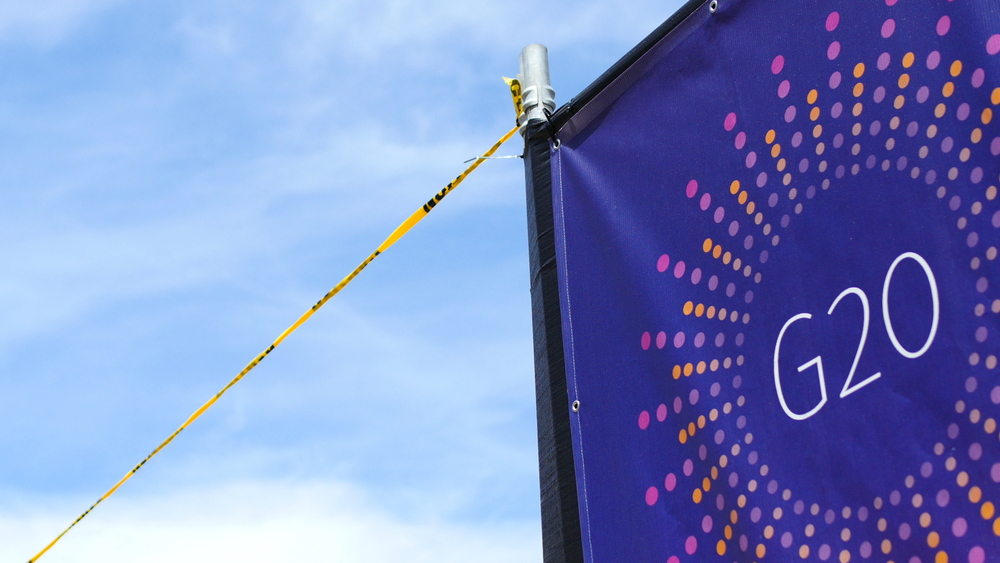Steady March Towards Action on Reducing HFCs Under Montreal Protocol

Led by African and small island states, nations near consensus on bringing HFCs into Ozone Treaty
Bangkok, 25 October 2013—The Parties to the Montreal Protocol continued their steady march towards phasing down hydrofluorocarbons (HFCs) under that treaty this week in Bangkok by reconvening the Discussion Group on HFC Management and broadening its mandate to consider the recent international agreements calling for the treaty to phase down HFCs, including the agreement by the G-20 nations and six observer states last month in St. Petersburg, Russia.
“The writing is clearly on the wall,” said Durwood Zaelke, President of the Institute for Governance & Sustainable Development. “A few countries are still trying to delay the final agreement, but it’s now clear this is a losing strategy and that the Montreal Protocol will be used to phase down HFCs.”
Although India and Saudi Arabia blocked attempts to open formal discussions on two proposals to address HFCs—one by Micronesia, Morocco and the Maldives, the other by Canada, Mexico and the United States—the groundswell of support for using the Montreal Protocol to undertake the global phase down of HFCs called for in the Rio + 20 outcome last year and reiterated in recent high-level agreements continues to build.
Other countries that formerly opposed agreement on HFCs in the Montreal Protocol are softening their stance and offering constructive advice on the mechanics of the potential deal to ensure that their national interests are accounted for in the negotiations.
Significantly, the Africa Group, including South Africa, announced its support for “formal negotiations to enable the amendment process.”
Noting the “persistence” of proposal proponents and their concern about a rise in greenhouse gases, the delegate from Jordan called the proposals “logical and well understood” and supported continuation of discussions “in order to develop the dialogue between Parties.”
In support of the ongoing deliberations, the Parties tasked the Technology and Economic Assessment Panel to provide a detailed report on HFC alternatives. They also agreed to convene a workshop at their next meeting to sort out the technical, financial and legal details that will help pave the way to final agreement on an amendment.
“The world should welcome this emerging win for the climate system,” Zaelke added. “It will not only prevent billions of tons of unnecessary greenhouse gas emissions, it will also demonstrate the practical value of disaggregating the massive climate challenge into discrete and manageable pieces.”
The 25th Meeting of the Parties to the Montreal Protocol that took place in Bangkok this week comes one month after G-20 leaders announced support for initiatives that are complementary to efforts under the UN Framework Convention on Climate Change, including using the expertise and institutions of the Montreal Protocol to phase down the production and consumption of HFCs, while retaining HFCs within the scope of the UNFCCC and its Kyoto Protocol for controlling emissions.
HFCs are the fastest growing greenhouse gases in the US, China, India, and many other countries.
The G-20 Leaders’ Declaration is here.
IGSD’s Primer on HFCs is here.